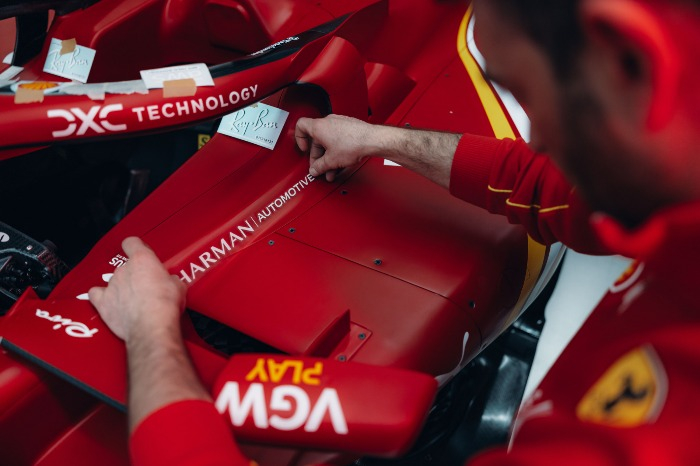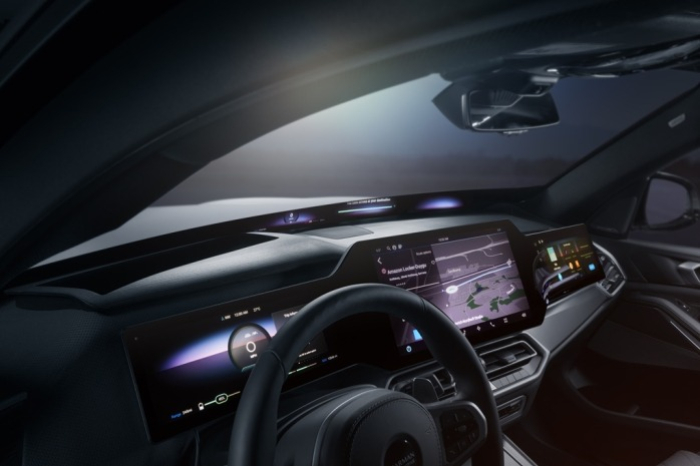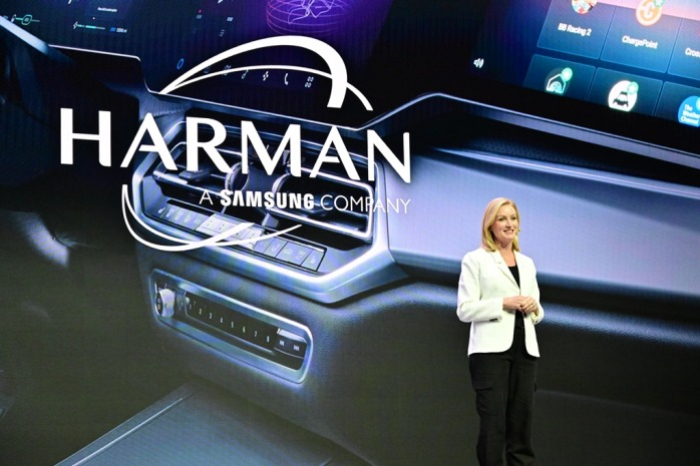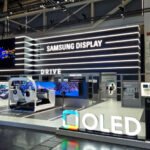
Samsung Electronics Co. will enhance cooperation with its wholly owned US subsidiary Harman International Industries Inc. in in-vehicle technology to lead the burgeoning automotive electronics market set to grow to $470 billion in 2030.
According to sources in the electronics industry, Samsung Electronics recently changed the name of the automotive electronics team under its device eXperience (DX) division to the Harman relations team during a company-wide business reorganization.
With the change, Samsung is expected to allow Harman to lead the Korean technology giant’s automotive electronics business by leveraging the parent’s hardware and software capabilities.
Harman became a wholly owned subsidiary of Samsung in 2017 after the Korean company acquired it for about $8 billion, the biggest deal since its inception.
Headquartered in Stamford, Connecticut, Harman is a global leader in connected car technology, lifestyle audio systems, cloud services and Internet of Things (IoT) solutions.
Its mainstay business is audio systems offered by its 16 audio brands, including AKG, Harman Kardon, Infinity, JBL, Lexicon, Mark Levinson and Revel.
But its automotive solution business covering connected car systems has led the company’s overall earnings growth in recent years.
Harman supplies its in-vehicle systems such as digital cockpit systems, heads-up displays and infotainment systems to more than 50 million vehicles across the world, including those by BMW and Toyota.

Its operating profit surged to over 1 trillion won ($702 million) in 2023 from 60 billion won in 2017 when it first joined Samsung.
GREAT SYNERGY
Harman’s stellar performance has been driven largely by the synergy created from its enhanced collaboration with its parent Samsung, one of top global tech software and hardware developers.
Harman’s in-cabin Ready product portfolio, unveiled earlier this year, combines the power of Harman and Samsung’s technologies to improve safety, personalization and sustainability for automakers and consumers.
The systems are powered by Samsung’s latest display, processor and deep learning neural networking technologies.
To strengthen Harman’s in-vehicle technology, Samsung last year acquired Roon Labs, a US multi-device and multi-room audio technology firm, and France-based audio software company FLUX.
BURGEONING AUTOMOTIVE ELECTRONICS MARKET
With the latest reorganization, Samsung will up the ante in the automotive electronics market, which is set to grow rapidly amid the auto industry’s fast migration to digitalization.
Grand View Research recently forecast that the global automotive solution market will grow to $468.1 billion in 2030 from $262.6 billion in 2023.

Samsung’s cross-town rival LG Electronics Inc. also pins high hopes on automotive electronics and recently announced a vision to nurture its vehicle solution business into a global leader.
Chinese rivals TCL and Hisense are also actively expanding their related businesses.
With more enhanced support from Samsung, Harman is also expected to play a key role in building the parent company’s artificial intelligence technology-driven hyper-connectivity considering cars are means that can enable people to be connected to devices anytime anywhere.
If more global car brands adopt Harman’s connected car systems, more devices will be connected by Samsung’s AI technology.
Harman’s success is also expected to rejuvenate Samsung’s business, which has recently lost steam due to the poor performance of its mainstay chip business.
This year, Harman is set to break its previous record earnings considering that it already reported 920 billion won in operating profit for the January-September period this year versus 830 billion won in the same period of last year, when it logged a record-high profit.
By Eui-Myung Park
uimyung@hankyung.com
Sookyung Seo edited this article.















